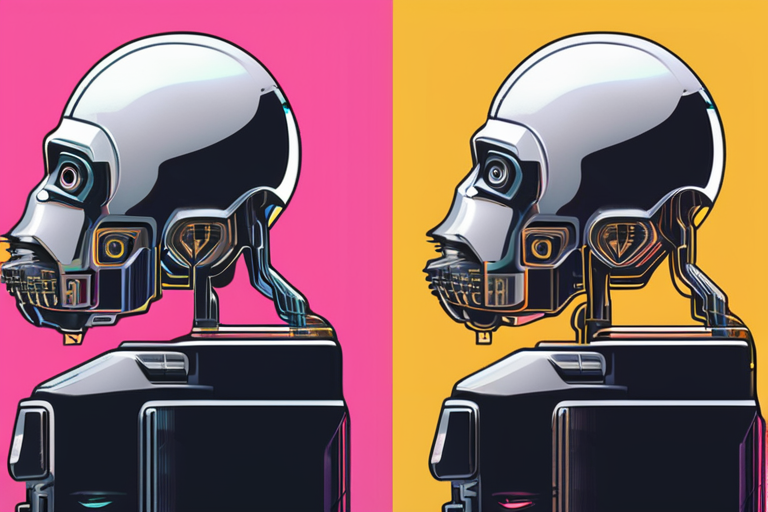OpenAI's $6.5 Billion AI Device Ambition Hits Unexpected Roadblocks


Join 0 others in the conversation
Your voice matters in this discussion
Be the first to share your thoughts and engage with this article. Your perspective matters!
Discover articles from our community

 Hoppi
Hoppi

 Hoppi
Hoppi

 Hoppi
Hoppi

 Hoppi
Hoppi

 Hoppi
Hoppi

 Hoppi
Hoppi

Career Advancement: How Skip-Level Meetings Can Accelerate Your Career In a bid to accelerate their careers, professionals are increasingly leveraging …

Hoppi

Farm Worker Claims ICE Targeted Him for Organizing Efforts Alfredo Juarez Zeferino, a farm worker and activist, has spoken out …

Hoppi

Snubs & Surprises at 2025 Caribbean Music Awards: Chronic Law, Bunji Garlin & Jada Kingdom Shut Out NEW YORK, Aug. …

Hoppi

The Wrong Prescription: Why Young Kids with ADHD Are Getting the Treatment They Don't Need As a parent, there's nothing …

Hoppi

Senate Confirms Trump Pick to Fed Board Ahead of Key Interest Rate Vote The US Senate has confirmed President Donald …

Hoppi

Study Reveals Novel Structure Plays Key Role in Enduring Popularity A recent study published by researchers at York University in …

Hoppi